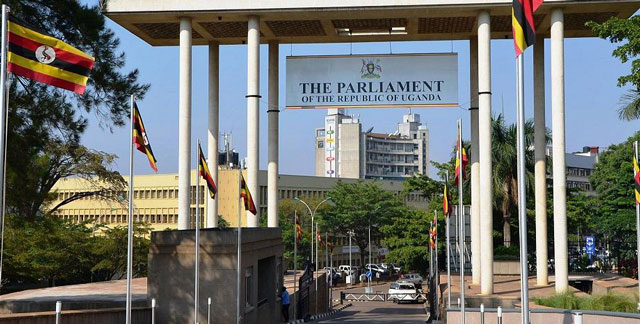
Why legislature needs to embrace activism and duty protect and promote human rights
COMMENT | ISABELLA BWIIRE | In the exercise of its legislative powers, Parliament must promote human rights in three specific ways: It must repeal all existing laws that violate the rights protected in the constitution, ensure that none of the laws it adopts violates human Constitution, and finally, it must enact enabling legislation to implement the Human Rights Conventions to which Uganda is a signatory.
While these tenets might sound obvious, ensuring them is not always simple because the human rights aspects of legislation might not always be readily apparent.
A tax or finance Bill, for instance, might not readily reveal the human rights implications. In all instances, however, parliament should pass laws that are socially relevant in order to avoid problems in implementation, as is the case in the law on defilement.
Parliament also has a duty to repeal all existing laws that violate the rights protected in the Constitution. A significant portion of Uganda statutory laws is an anachronistic inheritance from the colonial era when laws were not designed to reflect the will and intent of a democratically governed people, but the will and intent of an autocratic colonial hegemon.
Most of Uganda’s existing statues, which date way back to the colonial era, and some which date way back to Uganda’s past dictatorial regimes either directly contravene provisions in the new Constitution’s Bill of Rights or fail to espouse the spirit of freedom and democracy contained in such Constitution.
Such statues include, but are not limited to the Emergency powers Act, The habitual (Preventive Detention) Act, The prison Act, and the Public Order Management Act.
Even when some statutes contravention of the Constitution renders them null and void, their removal from the statute books is imperative to avoid their abuse against innocent civilians.
Additionally, Parliament must enact enabling legislation to implement the Human Rights Conventions to which Uganda is a signatory. For example, as of June 30, 1994, Uganda had ratified 13 international human rights instruments. Some of these; like the African Charter on Human and people’s Rights and the International Convention on Civil and political Rights, are not self –executing and thus need enabling domestic legislation in order to be implemented in Uganda. Therefore, Parliament must provide the enabling domestic legislation. The recent Children’s Statute was a laudable effort by Parliament to provide enabling legislation to implement Uganda’s obligations under the Convention of the Rights of the Child. Similar efforts must continue for other conventions to which Uganda is signatory.
In a nutshell, the legal basis for Parliament’s duty to protect and promote human rights is well established. Parliamentarians are called upon to be activists for human rights.
*****
Isabella Bwiire works for the Foundation for Human Rights Initiative (FHRI)
 The Independent Uganda: You get the Truth we Pay the Price
The Independent Uganda: You get the Truth we Pay the Price



